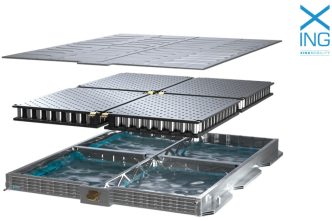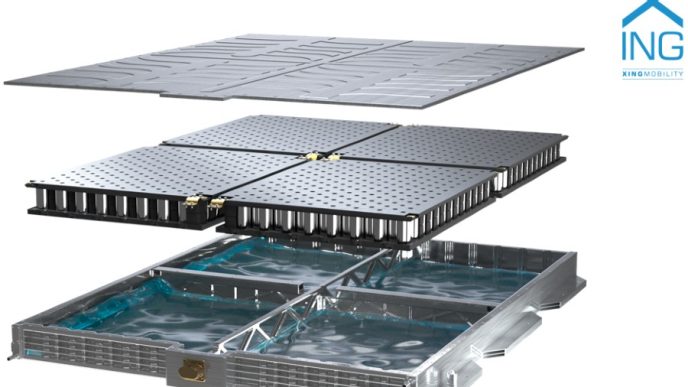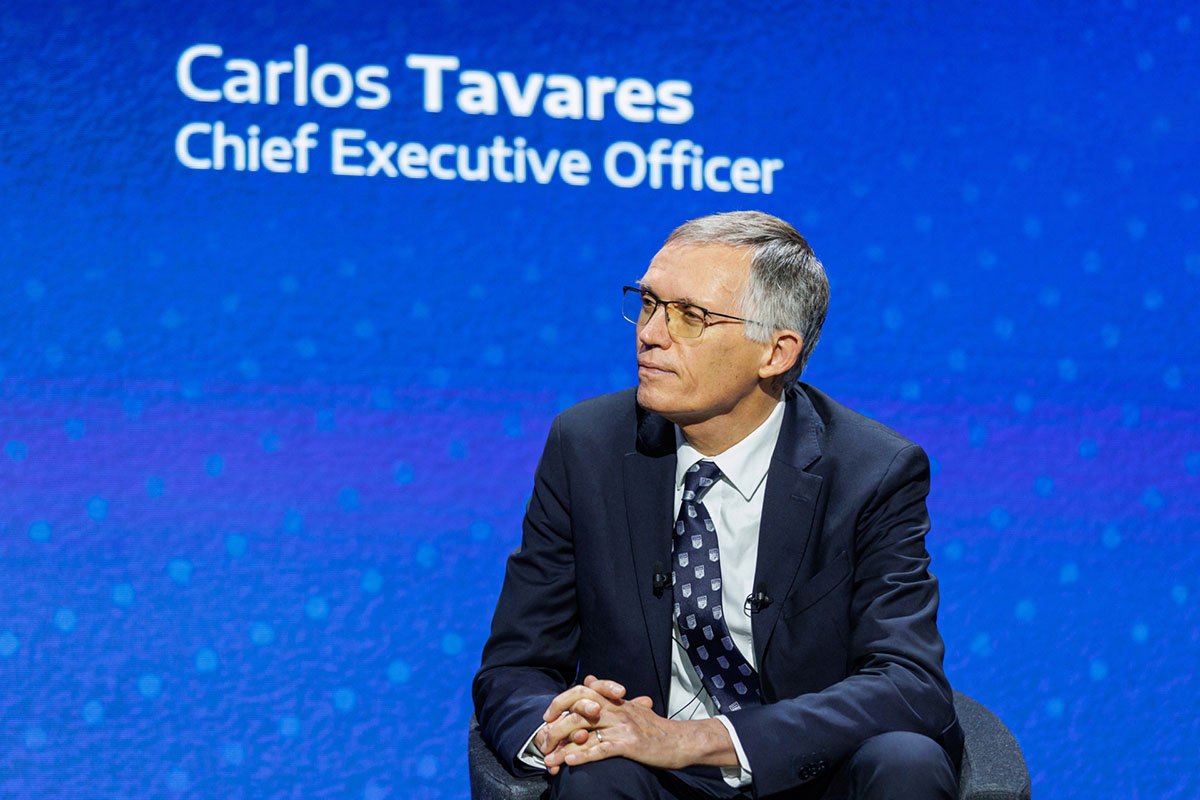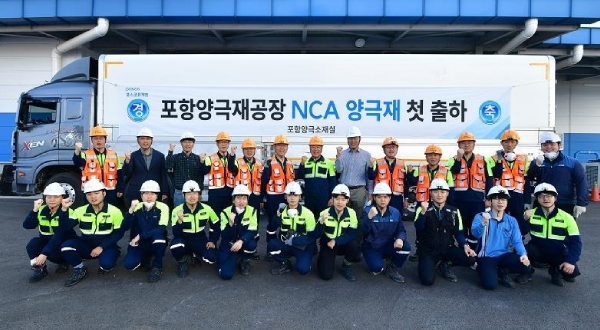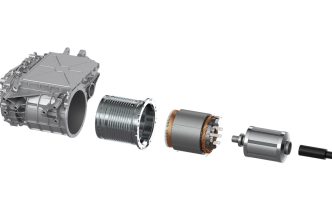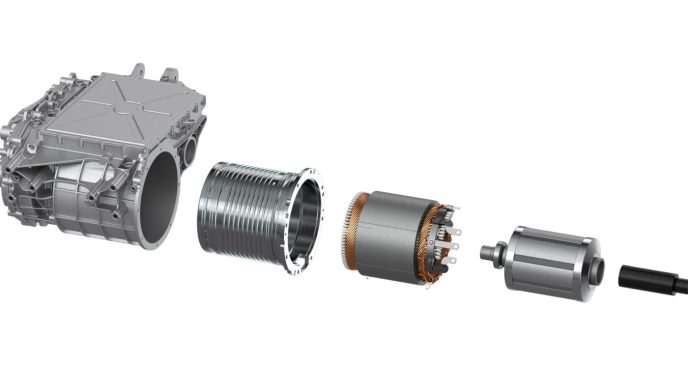General Motors (GM) is abandoning the ‘Ultium’ branding for its electric vehicle (EV) batteries and related technologies, opting for a more diversified approach to its battery strategy. After years of promoting Ultium as a flexible, all-encompassing solution, GM now plans to use multiple battery chemistries and suppliers to better tailor battery technology to each vehicle.
“We’re moving from a single-source, single-form factor, single-chemistry to a multi-chemistry, multi-form factor, multi-supplier strategy,” said Kurt Kelty, GM’s vice president of battery. “What we’re going to do going forward is really optimize for each vehicle.”
GM first introduced Ultium in 2020 as a modular battery system that allowed for flexible configuration and the possibility of ranges up to 400 miles (644 kilometers). Since then, the automaker has moved beyond its initial Ultium battery cells, produced with LG Energy Solution (LGES), to explore partnerships with other suppliers. Notably, GM is in talks with Japan’s TDK Corp to produce lithium iron phosphate (LFP) batteries in the U.S., utilizing technology licensed from CATL.
At an investor meeting, GM confirmed it remains on course to produce and distribute approximately 200,000 electric vehicles in North America by the end of 2024. The automaker also expects to reach profitability on a production or contribution margin basis this year. GM’s current EV lineup includes models across a range of price points and categories, such as the Chevrolet Equinox EV, Cadillac Lyriq, GMC Hummer EV, Chevrolet Silverado EV, and GMC Sierra EV. The company also has plans to launch the Cadillac Vistiq, Optiq, and a revamped Chevy Bolt by the end of 2025.
Most of GM’s electric vehicles in North America now offer ranges exceeding 300 miles (483 kilometers), with the new Silverado EV RST nearing 500 miles on a single charge. To further its electric vehicle plans, GM also announced the construction of a battery cell development center at its Global Technical Center in Warren, Michigan, with battery production expected to start in early 2027.


